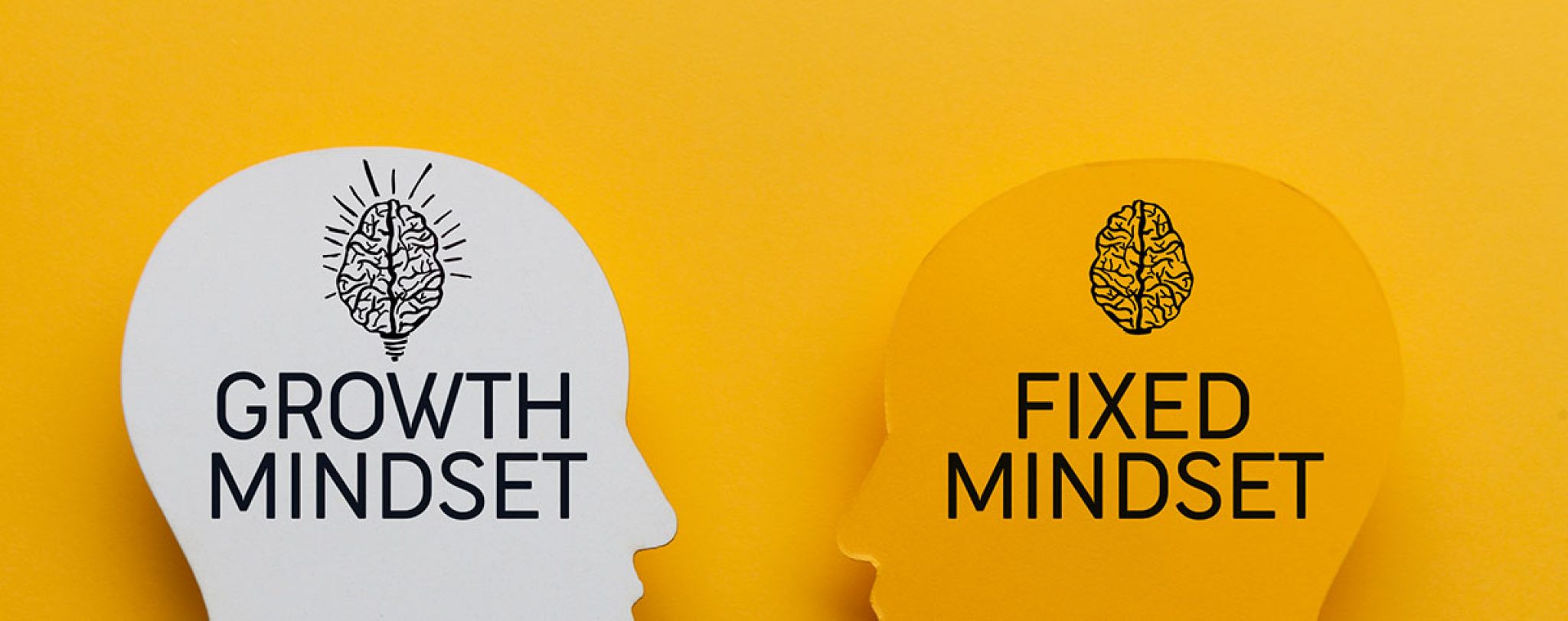Mindset: How You Can Fulfil Your Potential is a fascinating exploration of how mindset, not just ability and talent, is a key ingredient in someone’s success. Written by Stanford University psychologist Carol Dweck, this book builds on decades of research to show how our thinking – not just the “cards” life has dealt us – makes a huge difference to our outcomes.
We are all vaguely aware that our conscious and unconscious thoughts affect our wellbeing. Yet how does this happen, exactly? How can we change them to improve our resilience, love of learning and accomplishments? Dweck argues that our “basic beliefs” (about ourselves and the world) have a powerful influence here. Indeed, much of what we call a “personality” is not set in stone but comes from someone’s mindset.
This is tremendously empowering. For instance, a “negative” or “doom-mongering” person was not simply born that way. Rather, he/she has developed such a mindset over time (perhaps due to negative events in their life). It can, therefore, be changed. Doing so can have a powerful impact. Perhaps this person develops a desire to stretch themselves – learning a new skill or hobby – and stick with it over time, even when things are not going well. This, in turn, can help the person thrive in other challenging life areas, such as in troubled family relationships.
“The hand you’re dealt is just the starting point for development. This growth mindset is based on the belief that your basic qualities are things you can cultivate through your efforts..”
The above example is illustrative of Dweck’s deeper point that our own ideas about risk and effort come from our mindset. In her view, there are two primary mindsets – “fixed” and “growth”. If you believe that intelligence is “fixed”, for instance, then you are more likely to believe that success is largely based on how gifted you are (something you are born with). It leads you to measure yourself by failure. However, a “growth” mindset helps you to see that qualities can be cultivated. This helps to instil a desire to learn, persist in the face of setbacks and perceive effort as a valuable part of the path to mastery.
Dweck provides a compelling example to illustrate these two mindsets. Traditionally, students get a “Fail” grade if they do not achieve the necessary marks in an exam. Yet she recalls hearing about a college where, instead of assigning “Fail” grades, the school gave a “Not Yet” grade. The first leads students to think they are failures and are going nowhere. The second helps them to see that they are on a learning journey which is not yet over.
Overall, Mindset: How You Can Fulfil Your Potential is a must-read for anyone who recognises the “fixed mindset” in their own lives. Dweck’s book provides valuable guidance to help readers move towards a healthier “growth” mindset which lays a stronger foundation for success. We commend this book to you!





